Home / Ask an Agroforester
Ask an Agroforester
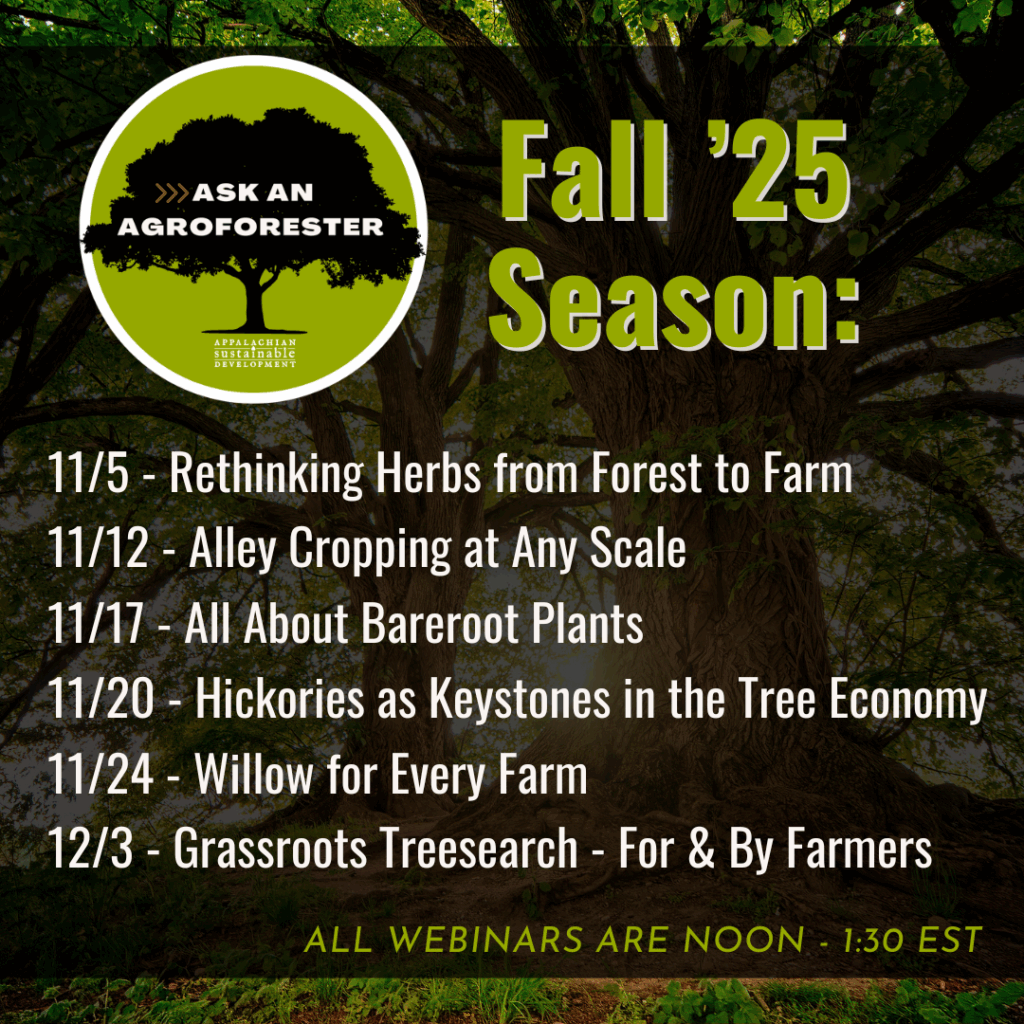
Ask an Agroforester is a free webinar series where you can learn about agroforestry straight from the experts. Since launching in Spring 2022, we’ve hosted more than 20 engaging episodes featuring short talks and live Q&A—so you can ask your burning (or super-niche) questions and get real answers from the field. Each session is recorded live and added to our YouTube library, so you can watch anytime. By sharing practical knowledge and farmer-tested insights, this series supports Appalachian Sustainable Development’s mission to grow healthy communities, farms, and forests.
Fall 2025 Ask An Agroforester webinar schedule
All webinars are 12:00 – 1:30 pm EST
Click HERE for session descriptions, details, and registration
Nov. 5: Rethinking Herbs for Farm and Forest - Robin Suggs of Appalachian Sustainable Development
About Robin Suggs:
Currently, Robin is employed as the Procurement Manager of Appalachian Sustainable Development’s (ASD) Appalachian Harvest Herb Hub. In this role, Robin identifies and supports medicinal herb farmers to meet secured demand for sustainably grown and harvested forest botanicals, including American ginseng, goldenseal, black and blue cohosh, and field grown medicinal herbs, such as peppermint, nettles, and more. Robin is also the lead in training as well as workforce and cooperative development regarding the Wild Stewards Alliance (WSA), an incubating organization comprised of wild crop dealers and harvesters committed to the sustainable production of wild plants of economic value.
Before joining ASD’s Agroforestry Program, Robin was the sole proprietor of MoonBranch Botanicals, a grower and producer of native medicinal plant materials along with other non-timber forest products in the small community of Yellow Creek in far western North Carolina. His company supplied the natural products and medicines industry with high quality native raw bulk botanicals produced in their natural habitats.
In 1996 Robin co-founded and served as executive director of the Yellow Creek Botanical Institute, a 501(c)3 corporation based in Graham County North Carolina. In this position, Robin was responsible for the conceptualization, development and management of a non-profit research and development organization utilizing native botanical resources as tools for sustainable economic development in western North Carolina.
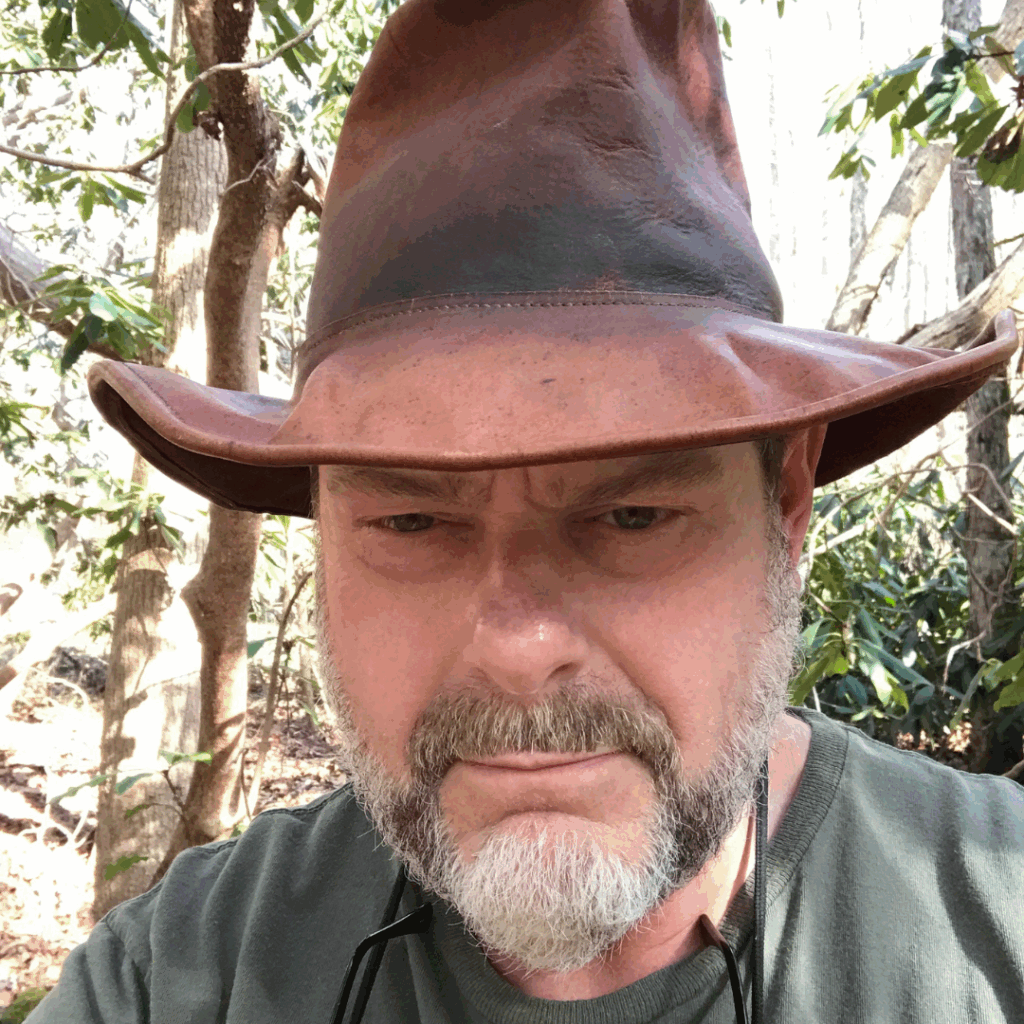
Nov. 11: Alley Cropping at Any Scale - Kaitie Adams of the Savanna Institute
About Kaitie Adams:
Kaitie (she/they) is the Director of the Demonstration Farm Network at the Savanna Institute. Based in the flatlands of East-Central Illinois, Kaitie’s work focuses on the way demonstration farms, working farms, and rural communities can come together to make agroforestry possible in the Midwest. For the past 15 years, Kaitie has worn many hats: anthropologist, wine steward, organic vegetable farmer, farm educator, and paw paw fanatic. Now, she mostly wears the hats of agroforester, mama, and Wilco. She loves alley cropping so much, she didn’t realize she was doing it until she started working at the Savanna Institute. When Kaitie isn’t talking trees, she teaches community classes on seasonal cooking and fermentation and enjoys rambling around with her veggie-farming husband and rambunctious daughter named after a tree.
Kaitie works as a guest on the unceded lands of the Peoria, Kaskaskia, Piankashaw, Wea, Miami, Mascoutin, Odawa, Sauk, Mesquaki, Kickapoo, Potawatomi, Ojibwe, and Chickasaw peoples.



Nov. 17: All About Bareroot Trees - A Conversation with Farmers - Jenn Ripp of the Savanna Institute
Jenn’s work is a convergence of her diverse background in farming, passion for agroforestry, and dedication to education and training. A farmer for over ten years, her work at the Savanna Institute focuses on practical approaches for integrating trees into modern agriculture. Jenn works across departments, organizations, and disciplines to facilitate agroforestry adoption. She also stewards the recruiting, guidance and support of beginning agroforesters in Savanna Institute’s On-Farm Training Program. An orchardist at heart, Jenn brings a deep love of fruit and nut trees and all sorts of shrubs to her work. She’s a knowledgeable grower with a broad range of experience in both annuals and perennials that spans from seed production and nursery work, to planting, tending, maintenance and harvest. She lives and farms on the border of Iowa and Minnesota, in the beautiful Driftl hills where she is establishing an agroforestry farm and nursery.
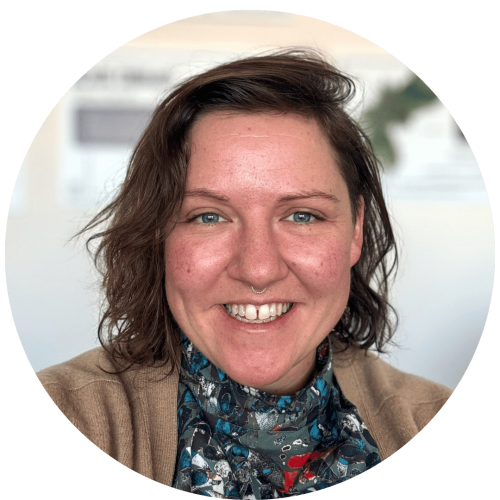
Nov. 20: Hickories as Keystones in the New Tree Economy - Zach Elfers of Future Forest Farm
About Zach Elfers:
Zach Elfers is a tree crops enthusiast and lifelong student of nature. He operates a small nursery, Future Forest Plants, where he lives in southern York county Pennsylvania. He seeks opportunities to explore, research, and sometimes even has a little time to write in relation to topics such as ethnobotany, agroecology, and Native American land management and the legacy and persistence of indigenous landscapes. The hickories, persimmons, and honey locusts have featured mainly in his tree crop exploration, selection, and breeding endeavors.
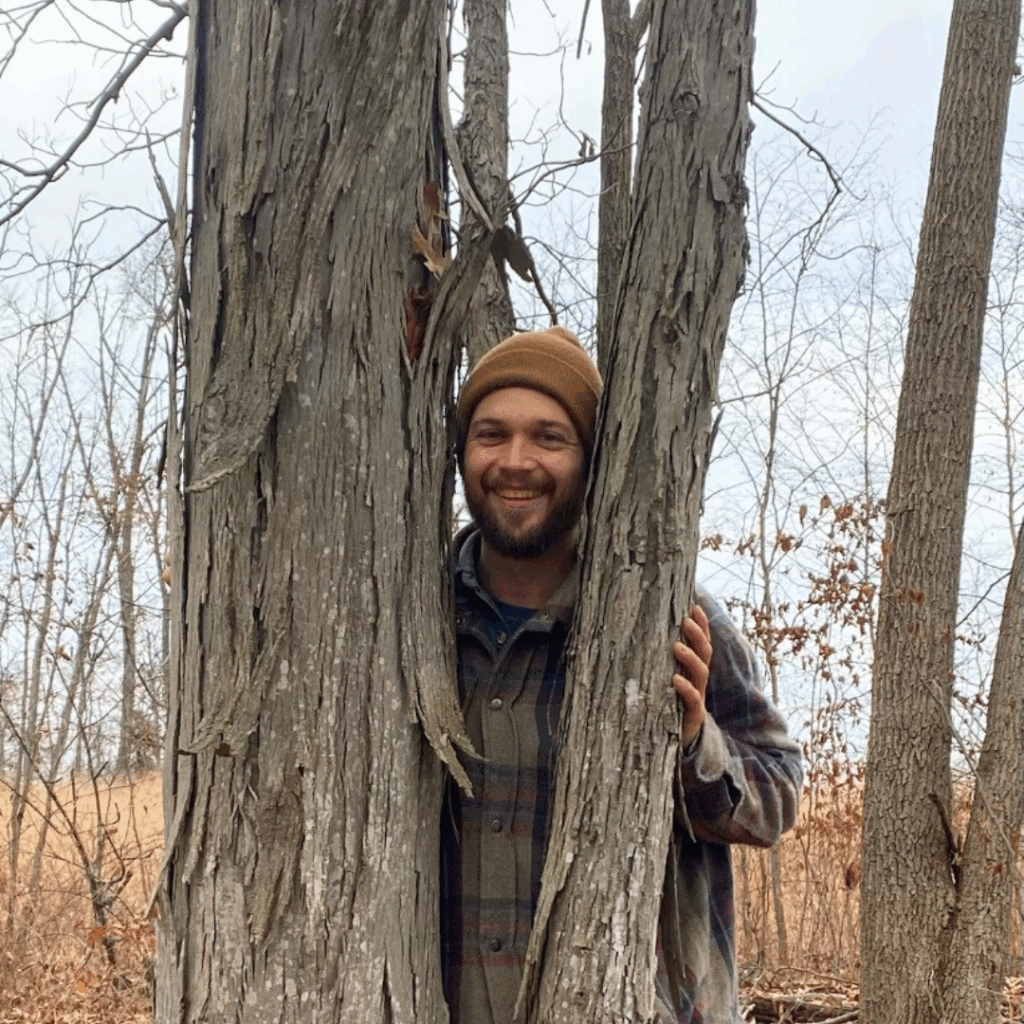
Nov. 24: Willow for Every Farm - Howard Peller and Sarah Lasswell
Sarah Lasswell is a willow grower and casket weaver in the Appalachian foothills of western North Carolina. Sarah began planting willow in 2019 to control erosion on a cultivated field, and expanded her plantings in the following years to around 5,000 to supply her casket weaving practice. She has primarily sourced cuttings (and growing advice) from willow growers in the Appalachian region and has experimented with varieties, spacing, contour planting and weed suppression tactics to find a set of “best practices” for her soil (abused red Southern clay) and climate (high humidity, 7b/isothermal belt). Sarah learned to weave caskets through an apprenticeship with Mary Lauren Fraser in 2020, and continues to support the development of the craft by offering internships and apprenticeships in both weaving and willow cultivation. She has an MPH in Community Health and certification in Thanatology, and serves as Executive Director of The Sophia for Life Studies, a small NGO providing education and support for natural burial and caring for our own after death.
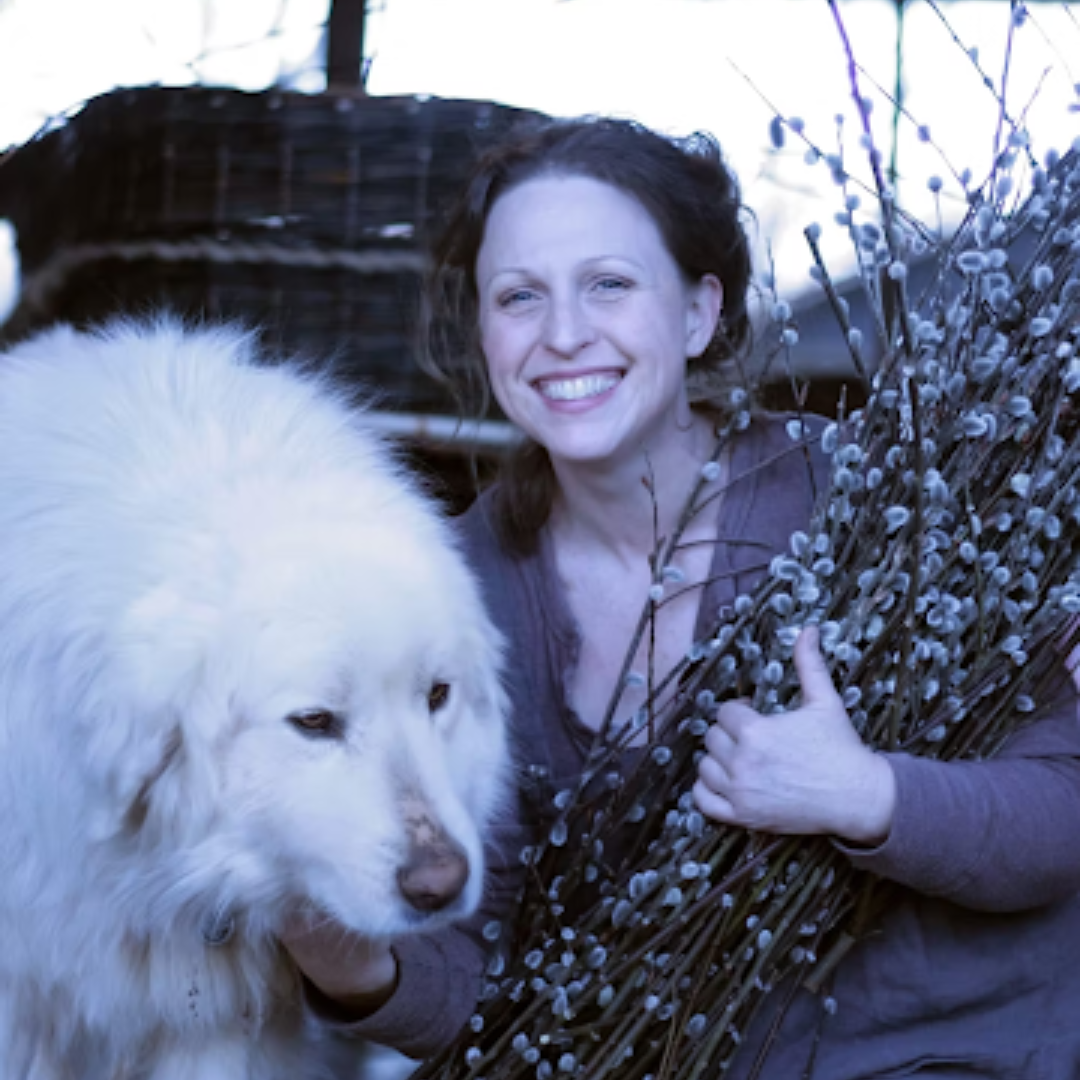
Howard Peller is the founder of Living Willow Farm in Roseville, Ohio, where he grows more than a hundred varieties of willow and transforms them into both functional and artistic creations. With training in traditional basketry at the renowned school in Lichtenfels, Germany, and more than three decades of experience in product design across ceramics, glass, and natural materials, Howard weaves together a lifetime of artistry and agriculture. His work ranges from finely crafted baskets and home goods to large living willow structures and playscapes, reflecting his philosophy of connecting what is grown with what is made. Drawing on collaborations with artisans in Europe, South America, India, and the Caribbean, Howard’s practice honors tradition while showcasing the versatility and sustainability of willow as both crop and craft.
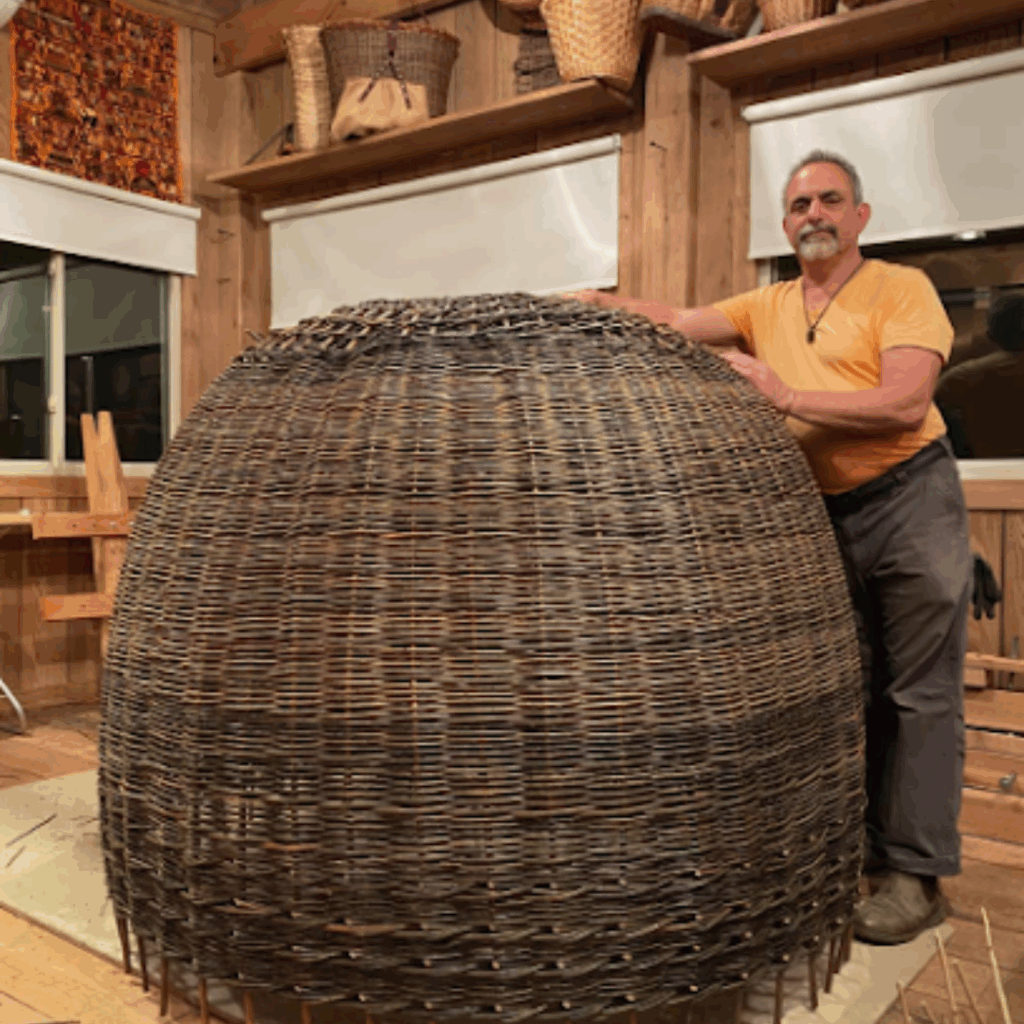
Dec. 3: Grassroot Treesearch - For Farmers, By Farmers - Sam Bonney and Russell Wallack
Sam grew up on the shores of Narragansett Bay. Their journey towards joining the Breadtree family has been a comically relentless pursuit of curiosity. It’s a difficult story to unravel, with disparate threads tracing back to the countless nagging questions of an idealistic, history-minded suburban kid who yearned for a deeper connection to their beloved New England. All of those threads converged squarely, however, on the unrealized potential of tree crops as both cultural and economic keystone for the region. Sam has had the privilege of working with Champlain Orchards, one of the largest apple growers in New England, as well as alongside tree crops guru Buzz Ferver of Perfect Circle Farm fame. Starting in 2021, they began offering orchard consulting and pruning services with the business Quivering Twig Horticulture. They started planting with Breadtree in the spring of 2021, and joined the crew full-time in 2023.

Russell is Breadtree’s founding farmer. After working in utility-scale energy efficiency, Russell made the jump to food systems work and agroforestry in 2014. Born at the mouth of the Hudson River, and raised in the sandy uplands of the Connecticut River valley, Russell is focused on developing ecological agriculture in service to all life in this region. He believes chestnut trees — an ancient staple food across the temperate world — play an integral role in recreating an agriculture of place; he has dedicated the past 8 years to creating a viable business centered on the growth of a regional industry for this tree crop. He has consulted internationally with multi-billion dollar food supply systems, advised the European Commission on regenerative agriculture policy, and worked with leading regenerative agriculture organizations to impact thousands of acres.

New to Agroforestry? Visit ASD’s Agroforestry page to learn more.
Sign up for our e-newsletter to stay in the loop with Ask an Agroforester.
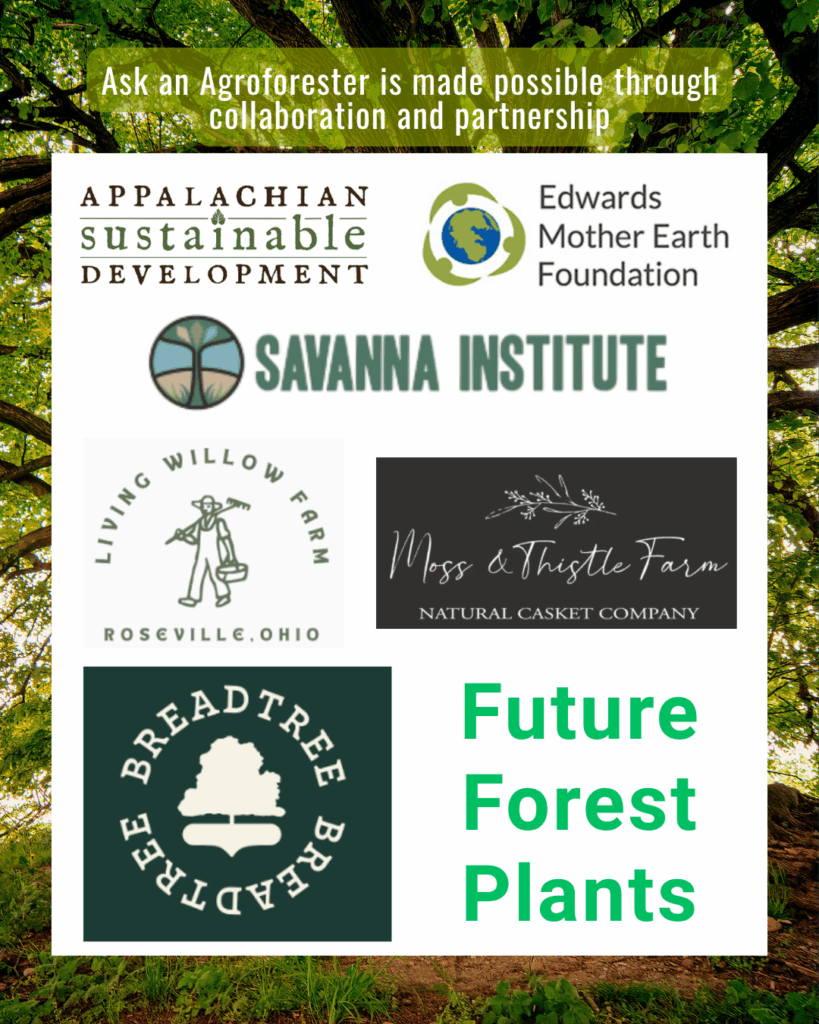
On This Page
